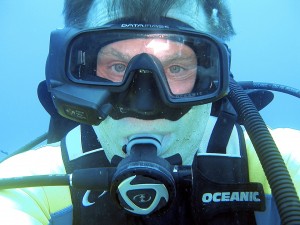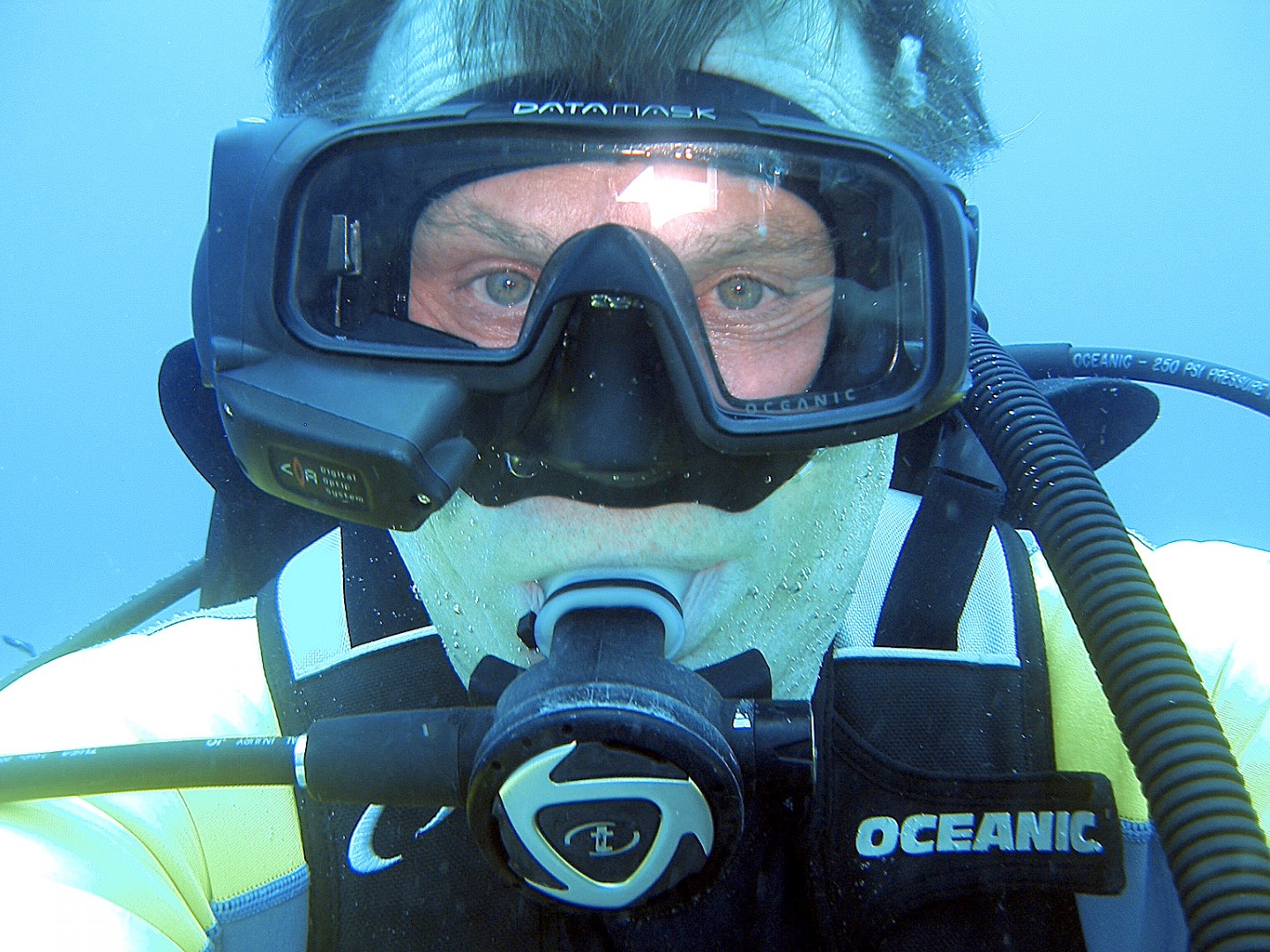
An upper division biology class being offered for the first time at DU this quarter will take 13 of its students to Cozumel, Mexico over spring break for six days of scuba diving.
The course, called “Coral Reef Ecology,” acts as a standard upper division elective course in the biology department. Its optional lab section, however, will take place completely in the field in Cozumel.
Professor Jim Fogleman, who teaches the course, said the idea to offer the class and its lab section first came to him around seven years ago. He says he has a passion for diving and his various diving trips led him to think about coral reefs as a topic for an ecology course.
“Corals are some of the most diverse ecosystems on the planet,” said Fogleman, “and on top of that, they’re fun to go see up close.”
The course is a comprehensive study of coral reefs, including their locations, why they exist in those locations, what environmental and biological factors impact them, what organisms make up the reef and how reef organisms interact with each other and their environment. Course material is presented through a combination of lectures and videos, which Fogleman says are an important part of showing students processes that would otherwise be difficult to convey.
Interest in the course has been much more significant than Fogleman expected. He said he originally thought he would be lucky to get 15 people signed up for the course, and decided to set the initial enrollment maximum at 20 students.
“We blew by that in the first hour of registration,” he said.
There are 38 students enrolled in the course from a wide variety of backgrounds.
“We have not only our ecology majors, but we also have environmental science majors, and then we have people who just wanted to take it. They’re biology majors but they just wanted to take it as an elective,” said Fogleman.
Students who wanted to take the course had to have experience in biology or ecology as shown through previous coursework, and Fogleman said he had to turn away some students from the class who he felt did not have enough background knowledge to do well in the course.
The lab section also had several prerequisites, including being certified for scuba diving. The majority of the students who wanted to enroll in the lab, however, were not certified and had to take classes over the winter interterm or during this quarter to receive their certifications before spring break. Since certification requires several dives and Fogleman is certified as a scuba instructor, he says some of the students might also finish their final certification dives under his instruction upon their arrival in Mexico.
Getting students certified was just one aspect of the logistical planning required to take the lab section to Cozumel.
Fogleman says that at least eight university divisions, including the university lawyers and Campus Safety, had to approve the idea over the past few months when he was putting the course together. Several different forms of insurance were required as well.
“The university was very supportive in trying to develop the course,” said Fogleman, “but part of the course is the laboratory, which actually goes down to Mexico and is taught underwater. That part of the course was difficult from a bureaucratic standpoint, because there were lots of hurdles to overcome.”
Another challenge was making the trip affordable for students. Cozumel was selected for its close proximity and its relatively low costs. According to Fogleman, a package deal was arranged that includes roundtrip airfare, transportation, food, boarding, diving for six days, equipment rental and insurance and will cost about $2,700 for each student.
The large group also means that the class will have exclusive use of a diving boat during their week in Cozumel. Fogleman says the students will have assignments during their dives, including looking for examples of course concepts.
“It’s a combination of academic experience and recreational experience, and that aspect is pretty attractive,” Fogleman said.
He also emphasized the importance of doing work in the field, saying that the biology faculty is starting to promote field experience as an important part of the learning environment.
“What better experience for students to have? Having heard about and studied things in a classroom, they can go out in nature and look at the interactions between organisms and the environment,” said Fogleman. “I can think of nothing that reinforces the concepts more, or that is a better learning experience than that.”
Fogleman says he has already received inquiries about whether the course and its lab section will be offered again next year. Although he does not expect to have as large a class in the future, he says he plans to offer it again as long as the university will approve it.
“I’m really excited about it,” he said. “All the students who are signed up for the lab are really excited about going. A course like this could be the beginning of students’ careers in marine science or marine ecology.”











